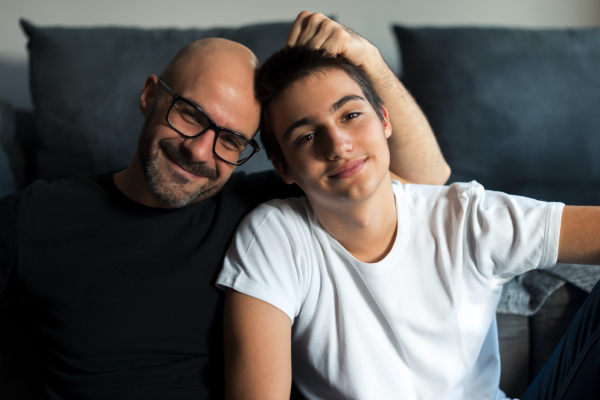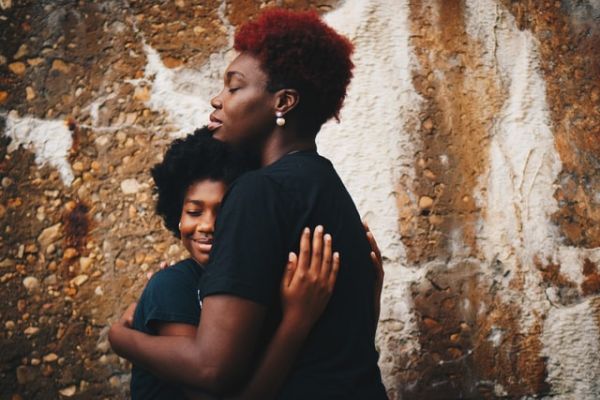How can I support my child through low moods and depression?
Going through different emotions is part of life. At times, we may feel happy or excited, and at others, lower in mood and less motivated.
It can be worrying to see that your child is feeling low, but it’s important to know that lots of young people go through depression and then come out the other side feeling okay again.
Here we have some suggestions for things that you can do to provide emotional support when your child needs it.
What’s the difference between a low mood and depression?
To understand what type of support your child might need, it’s important to spot the difference.
During low moods your child may feel more sad, tearful, worried, tired or angry than usual, or feel lower and less confident about themselves. But within a few days or weeks they’ll start to feel better - which can happen quite quickly after making small changes in their life or routine.
When a child is depressed, they may withdraw, avoid social situations, or not want to do things they previously enjoyed. Your child may lack energy, feel numb or have trouble concentrating on much. At its most severe, they may want to self harm or experience suicidal thoughts.
Depression tends not to change or go away naturally with time. When a young person is experiencing this, enlisting some extra help and support can help shift the situation.
How can I help my child?
Whilst every parent and child is different, here are some of the things that you might like to try together.
Practice open listening
Let them know that you’ve noticed they don’t seem very happy at the moment, voicing your concerns in a caring and non-judgmental way. Try not to ask too many questions, or make suggestions that gloss over their sadness. Empathise with how they’re feeling and let them know that you are here.
Look for triggers together
Do they have a problem at school, or are they struggling with a change such as divorce or separation in the family? By gently exploring potential triggers, you can help you make the adjustments they need to feel safer and more secure.
Encourage routine and enjoyment
It’s a good idea to get up at a regular time, eat healthy meals, do exercise, limit screen time, spend quality time with loved ones and get enough sleep. Then adding a few simple but enjoyable activities like exercise or playing sport, listening to music, drawing or going for a walk together, can collectively make a big difference.
Map out their support circle
Together, make a list together of the people they can go to for support. This can help your child to feel less isolated, reminding them that there are people in their life who care about them.
Try again another day if they don’t want to talk
Remember that if you’re on the receiving end of anger, frustration and sadness, it can be a sign of how much your child trusts that they can express this with you. Young people often find it difficult to open up because they don’t want to worry or upset anyone but it can ease over time.
Reassure them
Let them know you love them, these feelings won’t last forever, and that you can find support to help things feel better.










